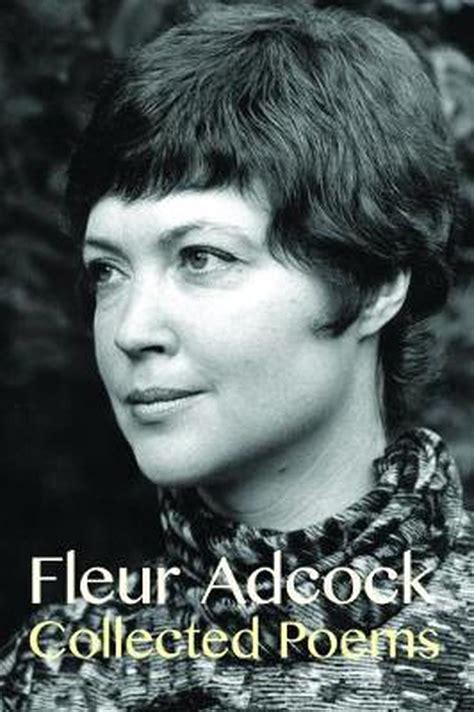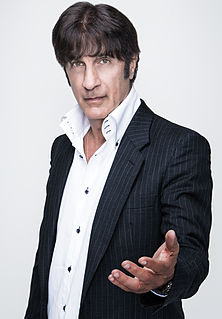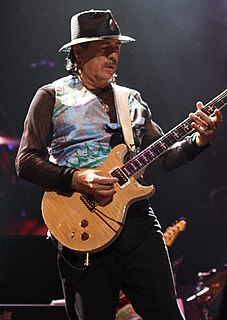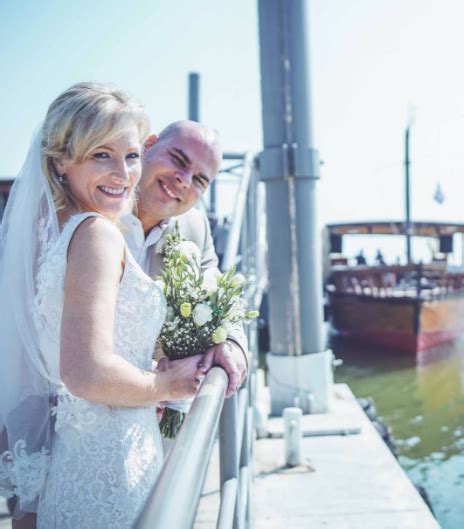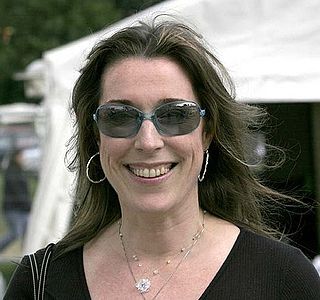A Quote by Eudora Welty
My own words, when I am at work on a story, I hear too as they go, in the same voice that I hear when I read in books. When I write and the sound of it comes back to my ears, then I act to make changes. I have always trusted this voice.
Related Quotes
I've written arrangements for choirs and strings in the past, but I usually write music with my voice or a keyboard and then I'll get someone who is good at writing scores to write it out. Or, if I have the luxury of time, I will go in a room and hear the people perform and then change it through what I hear, not on paper. I can read music OK, but I probably rebelled a little - music changes into something else when you read it.
Ever since I was first read to, then started reading to myself, there has never been a line read that I didn't hear. As my eyes followed the sentence, a voice was saying it silently to me. It isn't my mother's voice, or the voice of any person I can identify, certainly not my own. It is human, but inward, and it is inwardly that I listen to it. It is to me the voice of the story or the poem itself.
You have to listen to your own voice. Not your heart, not your instincts, not any of that self-permissive psycho-babble stuff. No, none of that. If it was just about instincts and bright ideas it wouldn't need to be a voice. It's about words. You hear them, read them, then you write. But mostly read. Read the bloody poems.
When the kirtan is harmonious with so many people, it’s a tumultuous beautiful sound. We can’t hear just one voice during the chorus; or rather we do hear one voice. But that one voice is actually the sound of everyone’s voice in harmony. That’s our offering to God. And why is it so pleasing to the Lord? Because we are all cooperating for a higher purpose. We are all united for the pleasure of the center, for the pleasure of Krishna, in spite of all our differences.
My reality is that God speaks to you every day. There's an inner voice, and when you hear it, you get a little tingle in your medulla oblongata at the back of your neck, a little shiver, and at two o'clock in the morning, everything's really quiet and you meditate and you got the candles, you got the incense and you've been chanting, and all of a sudden you hear this voice: Write this down. It is just an inner voice, and you trust it. That voice will never take you to the desert.
But what I would like to say is that the spiritual life is a life in which you gradually learn to listen to a voice that says something else, that says, "You are the beloved and on you my favour rests."... I want you to hear that voice. It is not a very loud voice because it is an intimate voice. It comes from a very deep place. It is soft and gentle. I want you to gradually hear that voice. We both have to hear that voice and to claim for ourselves that that voice speaks the truth, our truth. It tells us who we are.
It's like I'll sit down and put my hands on the piano or the guitar, and then I'll hear a sound or I'll feel a chord that will resonate and then I'll get something happening in my voice. My voice is like a car that I get into and drive but I don't know where I'm going. And I record everything. And often, I sort of get into a state, a creative state that is, where I'm just feeling around melodically, and playing things off the top of my head. Then I go back and listen to it and for the first time, hear what I just did. It's like Elvis has left the building while the thing is happening.
You go out into the world, you read everything you can read, you imitate the things you love, and you learn how hard it is to do. Eventually, you learn your own vision of the world, you learn your own voice and how to hear it, and you learn to write your own work. Writers today have as many opportunities as my generation did, but they don't see the examples as clearly as we did.



